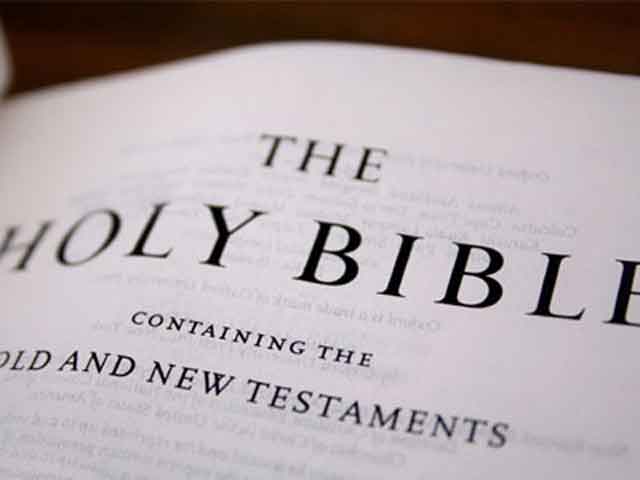Dear Gramps,
Someone posed an interesting question to me regarding the law of tithing. It relates to fact that after the atonement, since the law of Moses was done away with, such things as the law of tithing, the law of sacrifice, work on the Sabbath, etc. were also done away with. This person states that there is no evidence in the New Testament regarding tithing post-atonement and as such, i is no longer a required law. If anything, the New Testament teaches free-will giving, but not that it is a law or commandment. Is there any way, aside from modern-day revelation, to determine if the law of tithing was still in force after the atonement?
Tara, from Kernersville, North Carolina
Dear Tara,
It’s amazing to me the weird ideas that some people come up with. Your “someone” appears to posit that the law of tithing was part of the law of Moses. That is not so. Tithing was instituted as a practice of the gospel long before Moses ever lived, and probably was taught from the very beginning. We first hear of tithing in Genesis 14:18-20—
And Melchizedek king of Salem brought forth bread and wine: and he was the priest of the most high God. And he blessed him, and said, Blessed be Abram of the most high God, possessor of heaven and earth: And blessed be the most high God, which hath delivered thine enemies into thy hand. And he gave him tithes of all.
Next your “someone” states that there is no evidence in the New Testament of the post-atonement practice of tithing. This only means that he has never read Paul’s letter to the Hebrews, in which Paul says, concerning Melchizedek—
Now consider how great this man was, unto whom even the patriarch Abraham gave the tenth of the spoils. And verily they that are of the sons of Levi, who receive the office of the priesthood, have a commandment to take tithes of the people according to the law, that is, of their brethren, though they come out of the loins of Abraham: But he whose descent is not counted from them received tithes of Abraham, and blessed him that had the promises (Heb 7:4-6).
The author of Hebrews is here stating that the sons of Levi have a commandment to take tithes of the people. Both the author and the date of the writing of the letter to the Hebrews is somewhat uncertain. But there is absolutely no doubt that it was written some years after the atoning sacrifice of the Savior. And in this letter to the Hebrews the commandment to the sons of Levi to take the tithing of the people is given in the present tense, not in the past tense.
So also is your friend in obviously complete error in stating that the law of sacrifice and the law to keep the Sabbath day holy were done away!
Gramps







